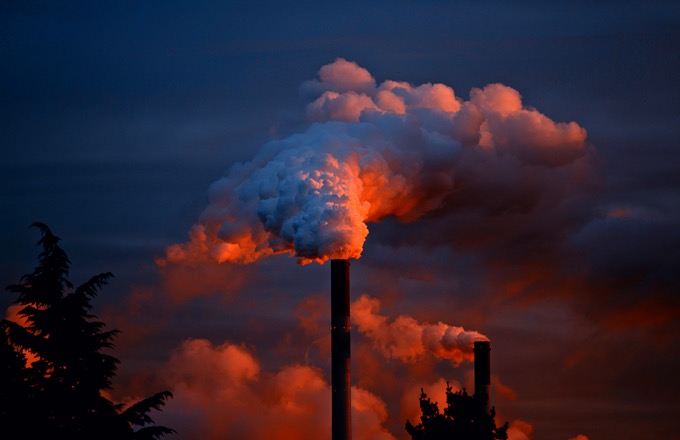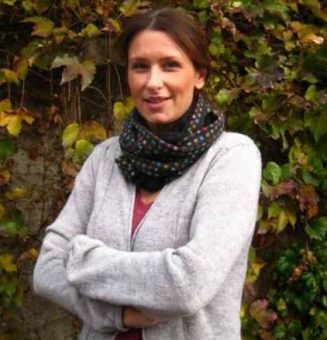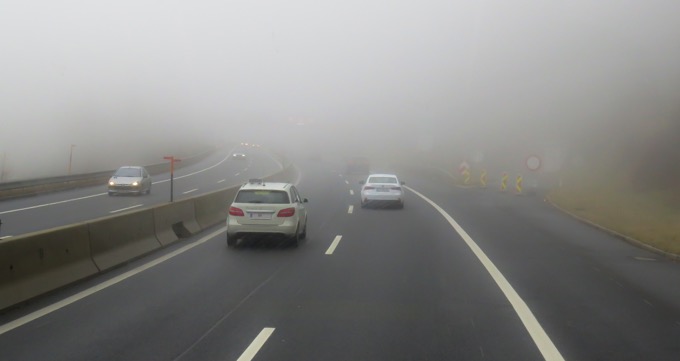
Everyone should be aware of the fact that air pollution is one of the most important problems at the moment in environmental protection in Serbia. If you asked any man in the street if it was important to him what kind of air he breathes and how it affects his health, as well as the health of his children, common sense would surely make him give a positive answer
However, the continuous and concrete interest of the citizens in this problem is missing out. It is sporadic and mostly occurs in ecological accidents or, due to living in the vicinity of large and apparent pollutants that devastate the environment even on daily basis.

The passivity of citizens towards the burning problem is not accidental. The awareness is limited, and the responsibility for this primarily belongs to the state. Lidija Kesar from NGO Fractal explained why citizens seem uninterested in what kind of air they breathe:
“It should be pointed out that in general education, little attention is paid to the state of the environment and the effects of this state on public health. Therefore, citizens can not be expected to be ready to monitor the available air pollution information without difficulty. Even in an attempt to get information on their own, most citizens do not know where to nd information of importance. If they find them, they are forced to interpret the tables and charts themselves, to investigate the effects of exceeding the permissible amounts of hazardous substances on health. The data thus rendered become useless and demotivate people to deal with them.”
AIR QUALITY MONITORING
Within the Serbian National Air Monitoring network (SEPA) there are 45 automatic measuring stations (from SEPA network). Only 35 stations for monitoring air quality out of this number of stations have the technical ability to track PM10 particles.
Since 2016, in the SEPA network, PM2.5 particles are monitored at 3 measuring stations for automatic air monitoring (two in Belgrade and one in Novi Sad). The lack of system support in maintaining and servicing equipment that works continuously (without pause) from 2010 to 2015 led to a situation where there was not quantity and quality of valid data needed to assess air quality in three broader urban areas*. From our interlocutor Lidija, we learned the encouraging data, confirmed by the Air Quality Monitoring Department of Serbian Environmental Protection Agency that the line for system reparation was allocated in the state budget at the beginning of the year, and that since April 2017, they have actively been working on necessary maintenance and renewal of the network, and that by the end of 2017, about 60 percent of all network problems will be solved.
* This detail was published in the official annual SEPA report on air quality in the Republic of Serbia in 2015.

The biggest challenges in implementing regulations at the level of air quality monitoring and informing the public:
- Unsatisfactory quality and validity of data coming from the state network of automatic air quality monitoring
- No increase in the number of locations for sampling and measuring heavy metals and polycyclic aromatic hydrocarbons throughout the country
- A small number of stations perform measurements of air pollution at intersections in urban areas, despite the constant increase in the number of vehicles
- The problem of data relevance coming from local networks of measuring stations where the measurements are carried out by accredited manual methods has not been solved
- Public information about the state of air has not yet been improved. This includes publishing monthly reports on measurement results from local monitoring network on official sites of cities and municipalities
At the same time, there is insufficient information about the quality of air that should be publicly available. Through the system of state automatic monitoring, a small number stations are monitored, not in the entire territory of Serbia, and Lidija Kesar says that the quality of air, that is air pollution, represents an ecological factor, on one hand, and a health factor, on the other.
“These are two ends of the same problem. Air pollution is largely interpreted from the perspective of quality and environmental protection. Today it is increasingly moving into the domain of public health impacts since the deterioration in air quality has the most direct impact on people and causes respiratory, cardiovascular and malignant diseases. If this issue was treated as a health threat at the state level, but also in the media, more and more people would be interested and able to monitor the state of air quality in their own environment.”
The media, both local and national, should maintain permanent interest in this problem and try to inform citizens daily about the state of air quality as well as to suggest to citizens certain behaviour in case of high concentrations and exceedances. This will also encourage the development of civic environmental awareness and health concerns, which may also contribute to changing personal attitudes and habits.
Prepared by: Nevena Djukic
This content was originally published in the eighth issue of the Energy Portal Magazine ECOHEALTH, in November 2017.



